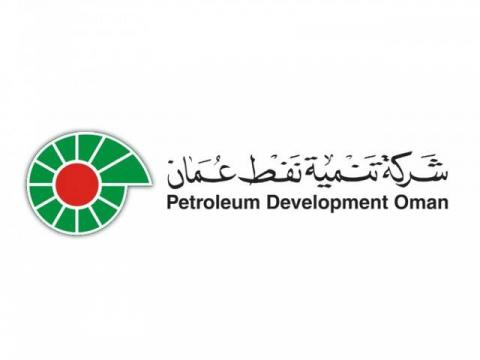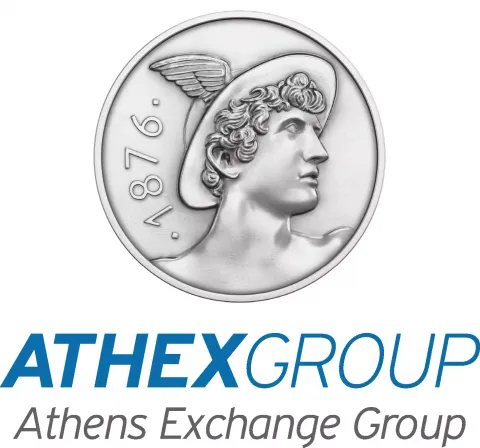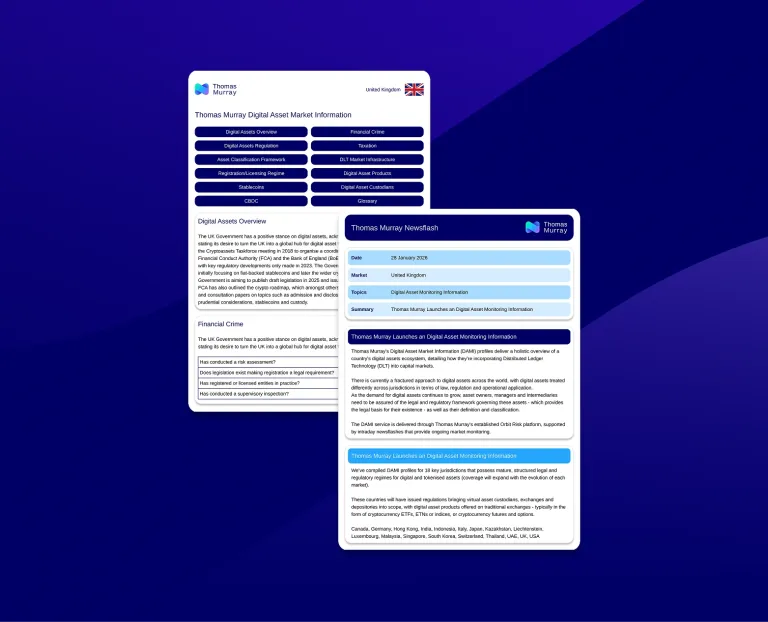NYSE proposes round-the-clock trading
In April, the New York Stock Exchange announced that it is exploring the possibility of running trading on a 24/7 basis. The result was both excitement and concern among market participants.
Our Chief Risk Officer, Ana Giraldo, has explored what the implications are for regulators, investors, other exchanges, and the potential impact on the post-trade environment. You can read Ana’s insights here.
Lebanon
Amid escalating tensions between Israel and Lebanon, in early August Thomas Murray Risk Committee (RC) contacted the central securities depository (CSD) and custodian banks in Lebanon and was advised that the market was operating ‘as normal’. Despite this, the Committee decided to add a market alert on all market infrastructure and bank ratings to reflect the ongoing issues.
The Committee is keeping the situation under constant review, as by the end of August Israel and Hezbollah were trading air strikes in southern Lebanon. The incalculable human cost, the damage to infrastructure, and the destruction of arable land has resulted in a fresh wave of internal migration. This will add to the difficulties Lebanon faces in meeting the needs of its existing community of two million Syrian refugees and trying to lift its population out of poverty.
Electricity is already in short supply, and the country is battling to retain its skilled workforce – especially in the public sector. Keeping the lights on is a very literal challenge, though one the international community is aware of. Whether it is doing enough to help is another matter.
The US$34m Fiscal Management Project, launched by the World Bank in February 2024, will have to stretch its budget creatively to meet its stated aims. These are to:
- rebuild essential fiscal management capabilities, especially in terms of improving revenue collection and ensuring transparent and accountable use of public funds;
- stabilise revenue administration;
- improve tax compliance rates; and
- modernise information and communication technology (ICT) infrastructure for tax and customs operations.
Lebanon has also been locked in rescue fund negotiations with the International Monetary Fund (IMF) since 2020. These talks seem to be achieving frustratingly little, with the IMF refusing to commit to further funding until it sees Lebanon make progress on addressing its deep economic crisis and increase its appetite for regulatory reform. An IMF delegation to Lebanon concluded its visit in May 2024 with a promise to return:
“The Fund remains committed to supporting Lebanon, and we expect the Article IV discussions to take place in September 2024 to assess progress on critical economic and financial reforms.”
Meanwhile, the war in Sudan threatens to destabilise Lebanon yet further, with The Economist describing the conflict as a "chaos machine" that will soon make itself felt across three continents.
Serbia
Serbia’s financial market infrastructure (FMI) and economic climate have shown significant progress in recent years, with the country attracting substantial foreign investment and making strides in various sectors. The European Bank for Reconstruction and Development (EBRD) invested a record €846m in Serbia in 2023.
Over recent years, Serbia’s FMI has focused on modernisation and alignment with European standards. The government is also finally addressing longstanding underfunding with new investment plans in key infrastructure areas such as energy, transport, and telecommunications. It has announced a €12bn investment cycle for the 2027 World Expo in Belgrade.
Regulatory changes for utility services are also expected to attract private investment through public-private partnerships in sectors like water supply and waste management.
Despite these positive developments, there are still barriers to overcome.
Serbia’s path to EU membership presents both challenges and opportunities for its financial market infrastructure and overall economy, especially as the Balkans as a whole continues to face potential instability. This could impact economic growth and investment in Serbia itself, and attract unwelcome attention from Russian threat actors despite Serbia and Russia maintaining a close relationship at the government level.
Serbia's diplomatic balancing act is complex, to say the least. Although on friendly terms with Russia and China, it has recently agreed a series of multi-billion-euro agreements with France; including the sale of 12 French-made fighter jets to Belgrade.
In case you missed it
US and UN call for talks in Libyan dispute over control of central bank (guardian)
SA billionaire overtakes Dangote as Africa’s richest man (BBC)
Japan’s defence ministry seeks record budget as it faces growing threat from China (AP News)


Risk Committee Updates
Stay informed with Thomas Murray for the latest on market dynamics and regulatory trends – subscribe to Risk Committee Updates on LinkedIn.
We safeguard clients and their communities

Petroleum Development Oman Pension Fund
“Thomas Murray has been a very valuable partner in the selection process of our new custodian for Petroleum Development Oman Pension Fund.”

ATHEX
"Thomas Murray now plays a key role in helping us to detect and remediate issues in our security posture, and to quantify ATHEX's security performance to our directors and customers."

Northern Trust
“Thomas Murray provides Northern Trust with a range of RFP products, services and technology, delivering an efficient and cost-effective solution that frees our network managers up to focus on higher Value activities.”
Insights

Why 72 hours is the New Standard for M&A Cyber Due Diligence
A decade ago, cyber due diligence sat somewhere between “nice to have” and “we’ll deal with it post-close.” That world no longer exists.

Thomas Murray Launches Digital Asset Market Information (DAMI)
Thomas Murray, a global leader in risk management, due diligence, and cybersecurity services, is proud to announce the launch of Digital Asset Market Information (DAMI).

Solving the "Scale Paradox": How to Automate Portfolio Oversight with Fewer People
In 2026, private equity technical teams are facing a "Scale Paradox": portfolios are growing in complexity, while in the internal teams responsible for operations and cybersecurity oversight, headcounts remain stagnant.

How Private Equity Hackers Choose Their Targets
Private equity firms sit at the intersection of high-value financial transactions, sensitive deal data, and an expanding portfolio of technology heavy portfolio companies – and it’s this combination that makes PE an attractive target for cyberthreat actors.

